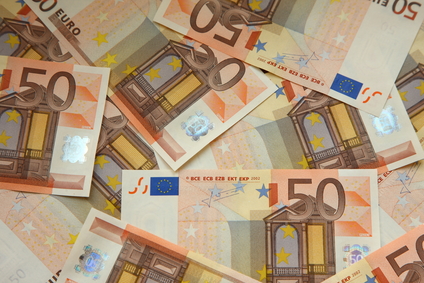Dutch tax reforms may mean rise in value-added tax to raise €5bn
 The cabinet is considering increasing value added tax (btw) to generate a further €5bn for the treasury which in turn can be used to lower income tax, Dutch media report on Wednesday.
The cabinet is considering increasing value added tax (btw) to generate a further €5bn for the treasury which in turn can be used to lower income tax, Dutch media report on Wednesday.
In addition, ministers are considering cutting national payments to local councils by €5bn and giving local authorities more tax raising powers, the Volkskrant says. The €5bn windfall announced earlier this month will also go on reducing income tax.
According to the NRC, the plan involves increasing the 6% rate of btw to 21% on everything apart from food. The 6% btw rate applies to services such as hairdressers, as well as books, clothes, alcoholic drinks and some entertainment.
Tax minister Eric Wiebes put the suggestions forward to opposition leaders on Tuesday night in a unique behind-closed-doors meeting as part of the government’s tax system reforms.
The meeting was aimed at generating support for the measures in the upper house of parliament where the coalition does not have a majority.
Swaps
In effect, the government will generate €10bn less in income tax, meaning more cash for consumers, but consumers will have to spend an additional €10bn on btw and local government taxes, the Volkskrant says.
However, because this will hit some groups of consumers harder than others, the cabinet estimates it needs a further €5bn to offset the impact of the higher btw and local taxes.
The tax reforms will also involve simplifying the current range of benefits and top-up payments for childcare, health insurance and housing.
Thank you for donating to DutchNews.nl.
We could not provide the Dutch News service, and keep it free of charge, without the generous support of our readers. Your donations allow us to report on issues you tell us matter, and provide you with a summary of the most important Dutch news each day.
Make a donation